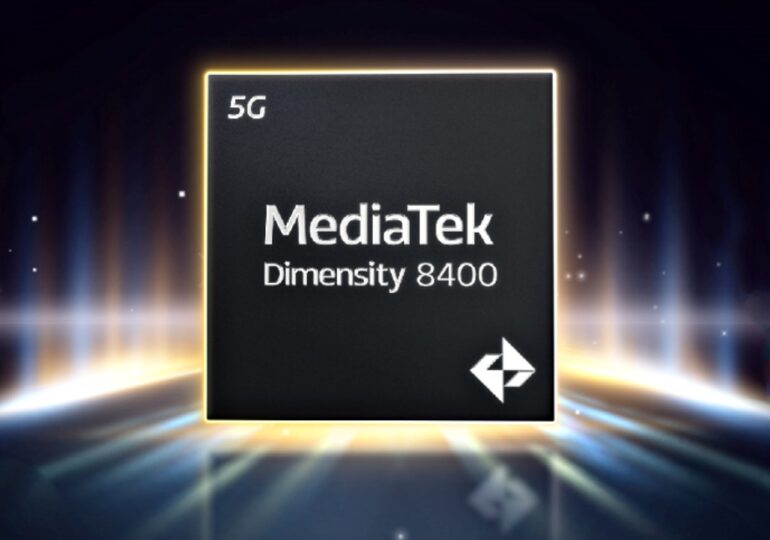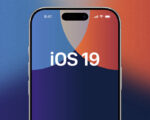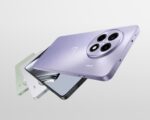Next-Gen Browsing: Opera One, AI-Powered Browser for iOS, Set to Debut in Europe Following Apple’s DMA Initiative
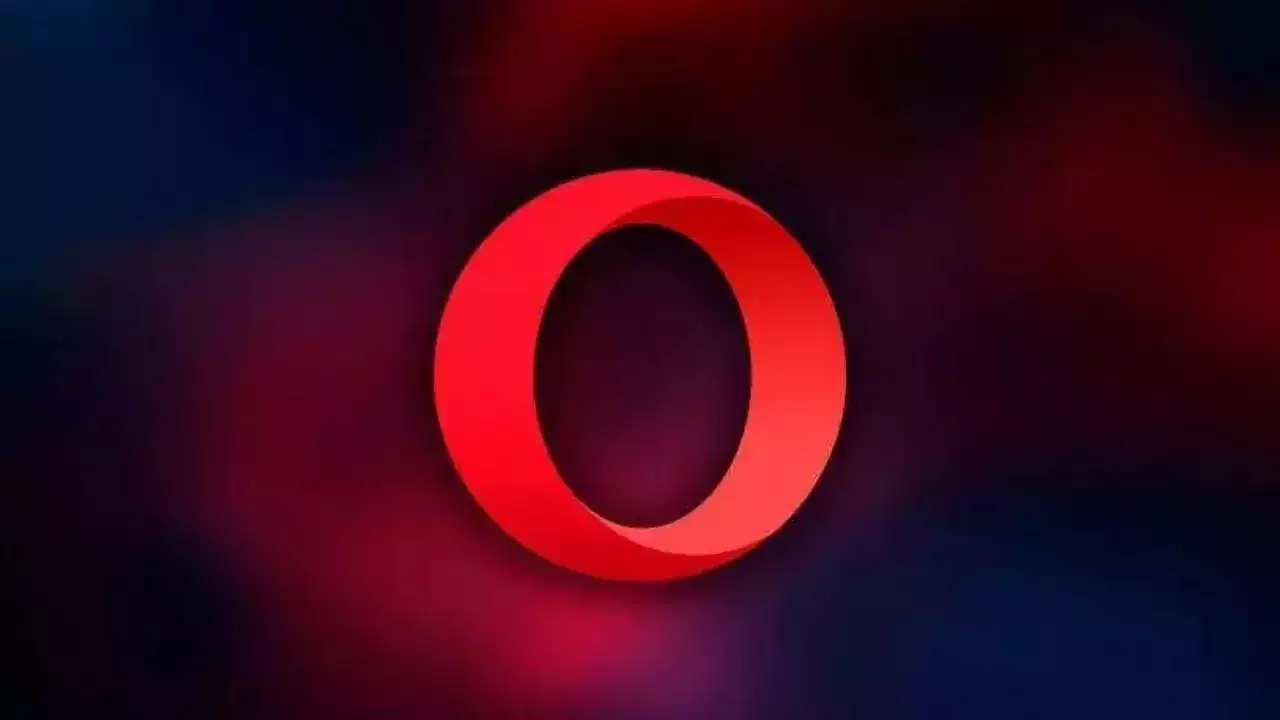
Innovative Assistance: Opera One Browser Introduces Aria, an Inbuilt AI Assistant for Question-Answering and Text Generation
Opera has unveiled its latest browser iteration, Opera One, featuring a robust infusion of artificial intelligence (AI) capabilities, and it is set to make its debut on iOS devices in Europe. The announcement strategically follows Apple’s recent revelation of changes in iOS, aligning with the European Union’s Digital Markets Act (DMA), allowing non-WebKit-based apps from third-party browsers to enter the App Store in the region. Seizing this opportunity, Opera One comes equipped with a built-in AI assistant named Aria, making it a standout browser for iPhone users in Europe.
Jørgen Arnesen, EVP Mobile at Opera, expressed the company’s commitment to embracing the changes introduced through the DMA, emphasizing their dedication to fostering competition and expanding the diversity of browser options on iOS. The result is Opera One, a browser set to deliver an AI-centric experience for users. Although the exact launch date remains undisclosed, Opera has assured that the browser will be available in the coming months, aligning with Apple’s March 6 deadline to comply with the DMA.
Opera One, initially launched last year, features a revamped interface and integrates AI functionalities, with the highlight being the introduction of Aria. Aria serves as an AI chatbot, reminiscent of Copilot on Microsoft Edge, residing in the side panel to assist users with a wide array of tasks—from answering queries and generating text for essays and emails to coding and itinerary planning.
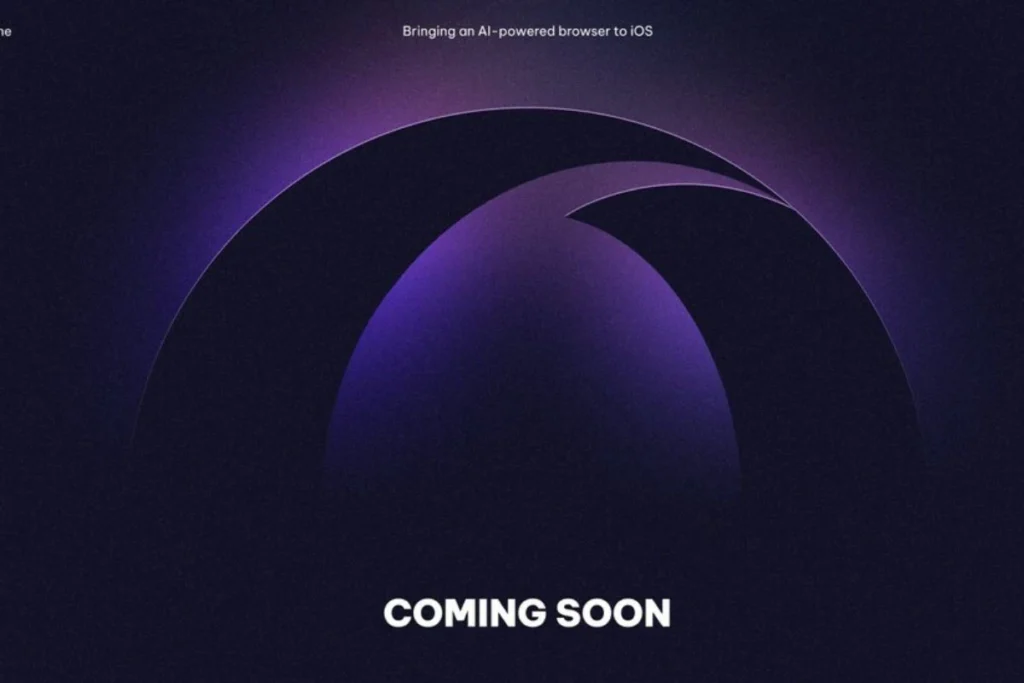
Powered by Opera’s native Composer AI engine, Aria is not only a versatile assistant but also connected to the internet, providing real-time information. As Opera pioneers this AI-driven browsing experience, the impending launch of Opera One for iOS marks a significant stride in delivering innovation and choice to users in the European market.
Apple allowing non-WebKit-based browsers on iOS in Europe is said to be the biggest catalyst behind Opera’s decision. Earlier, Apple required all third-party browsers to use a WebKit code-base, the browser engine behind Safari, for their iOS version of the app. To comply with DMA, Apple will no longer have this requirement from browsers in the region.
Opera also highlighted that the announced browser choice screen for iOS was another key factor for the company to bring its flagship browser to the iPhone. Unlike earlier, where users had to dig deep into the settings to find an option to change the default browser, the new change will let users see the option upfront.





